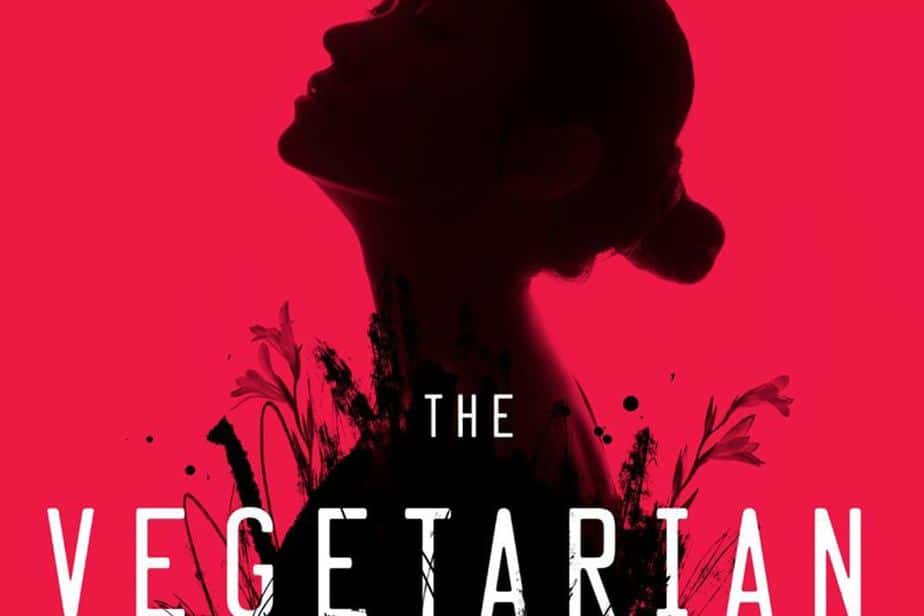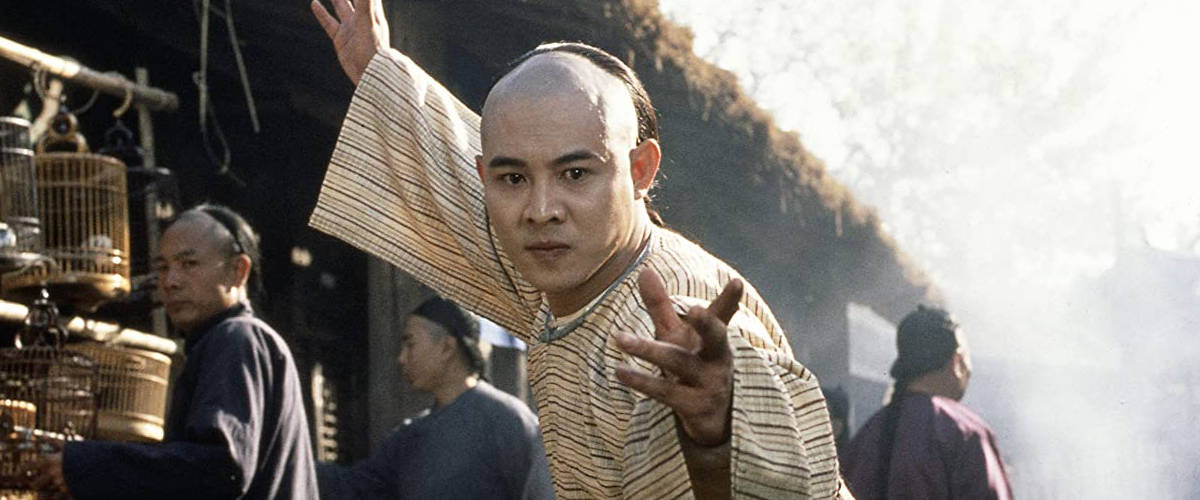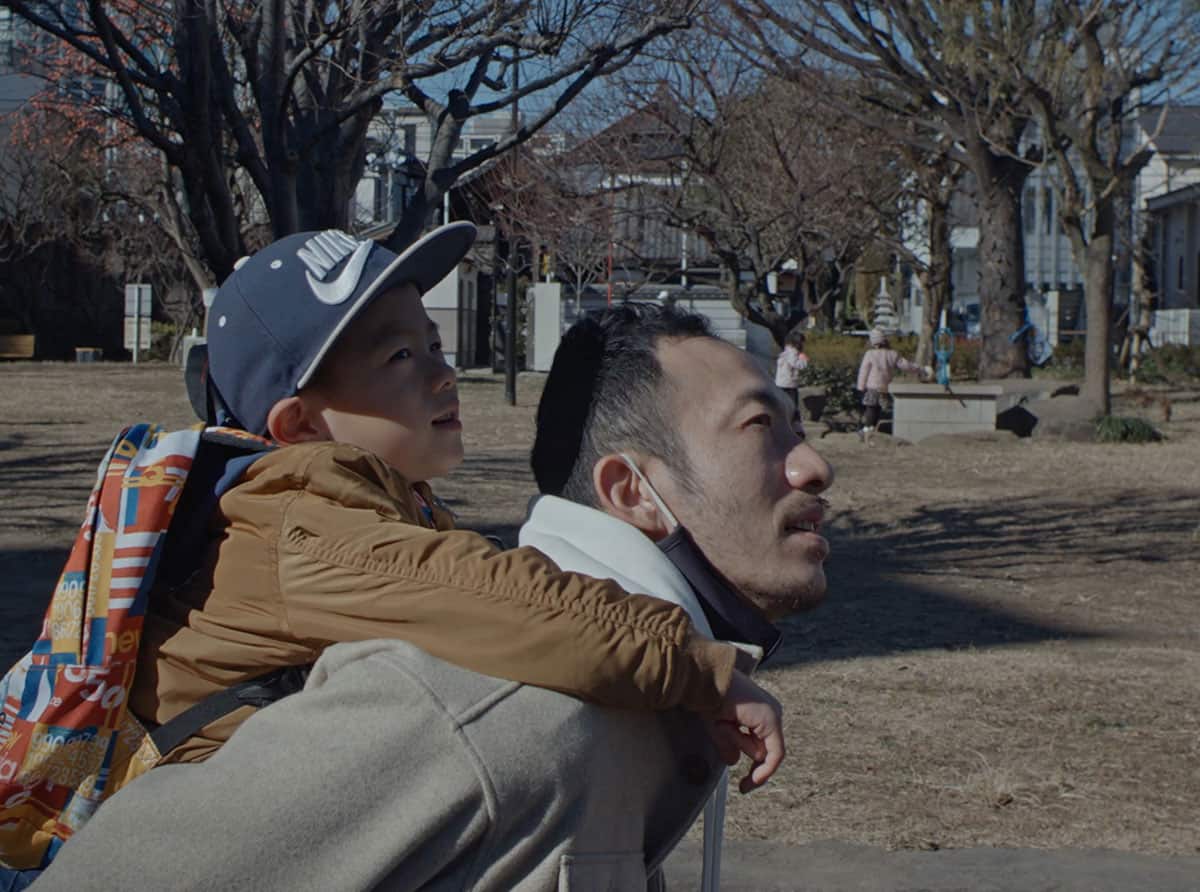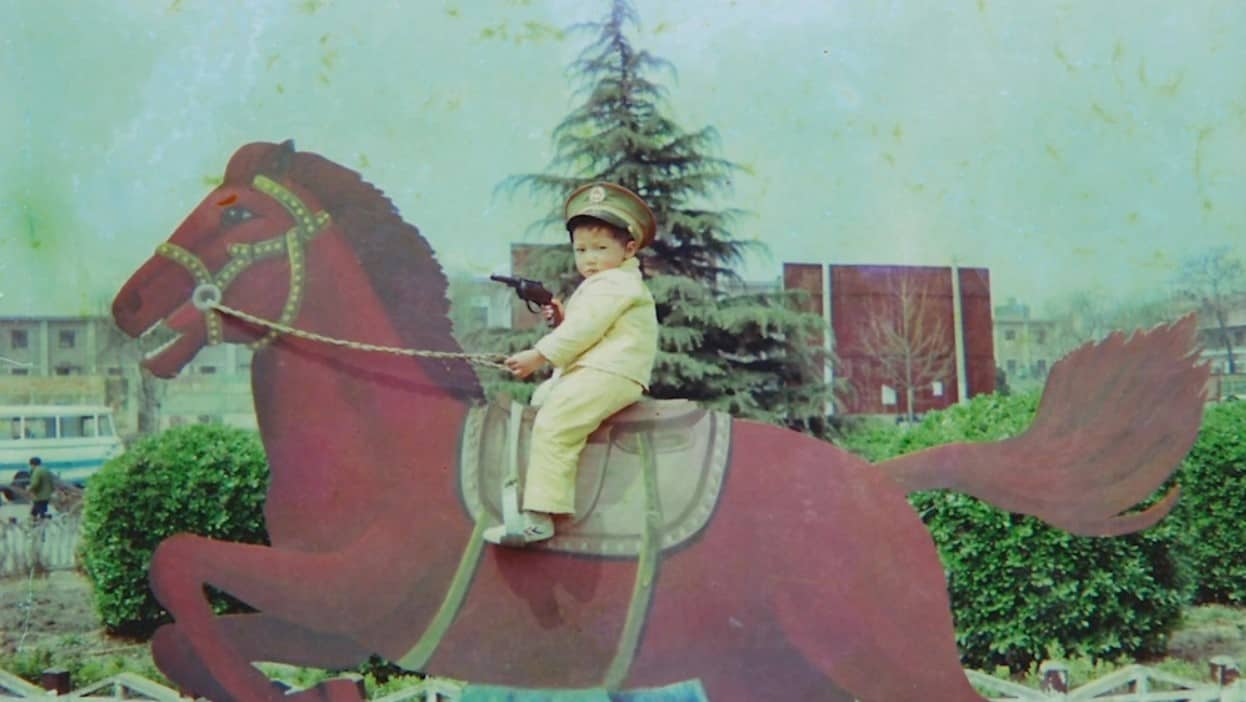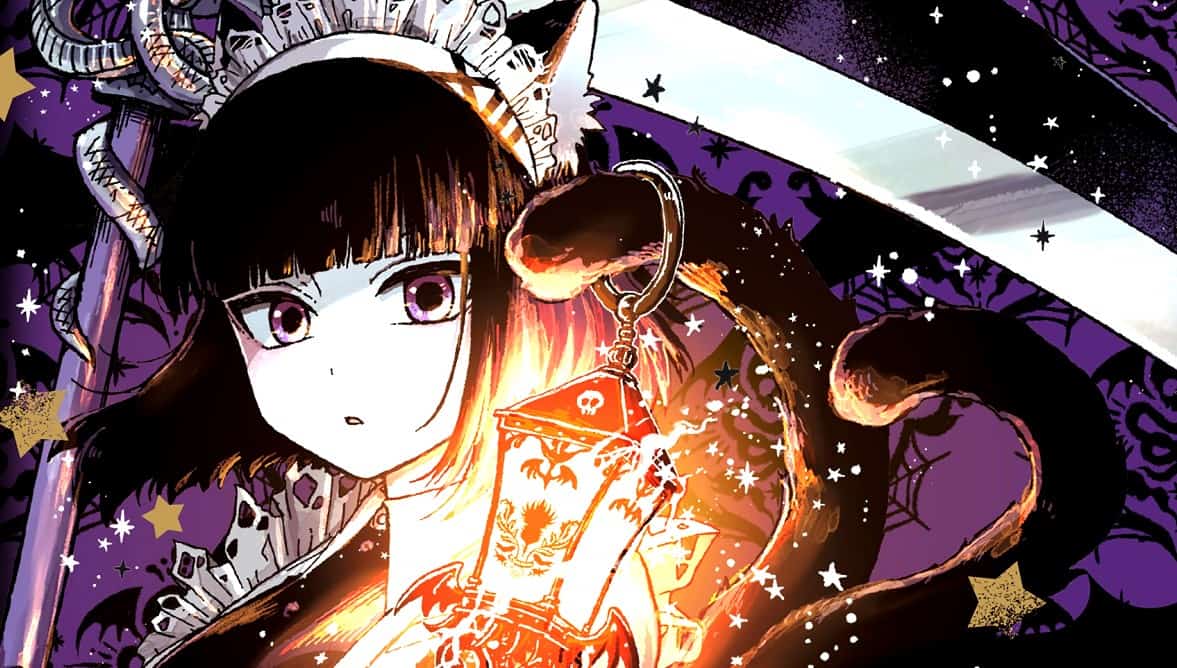When I decided to embark upon Korean literature, the most common suggestion I heard was “The Vegeterian”, which a number of people considered a masterpiece, and which had won the Man Booker International Prize in 2016. As I am not one to go against awards and suggestions, I did as “instructed” and the result was exactly as I hoped for. Let us take things from the beginning though.
Buy This Title
“The Vegetarian” is a three-part novel that was initially three separate novelettes that were then compiled into a single title. The story follows Yeong-hye, a dutiful Korean wife, who, after watching a dream, decides to become a vegetarian, completely cutting off anything made of meat. This seemingly unwarranted decision breaks her life completely, leaving her husband perplexed and her family worried and enraged. Soon all her relationships start being based on violence, shame and desire and the consequences become dire for everyone.
Let me start with the sole two faults I found in the book. The fact that the book comprises of three different works becomes obvious at some points, particularly because it seems that the character of Yeong-hye was not included initially in the last two and was added later in order for Han Kang to come up with a single novel. Secondly, the last part is quite different from the rest, more of an abstract and even a bit surrealistic think piece I would say, and I found it a bit dull at points. However, I have to also say that the way Han Kang managed to combine the three is impressive and in the end, it makes total sense, while the last part sheds much light to the protagonist's past, in essence making her actions more relatable and understood.
Apart from these, however, the book is truly impressive. For starters, Yeong-hye may be the protagonist but we “hear” very little of her, since Kang focuses each time on a different person in her life, with her actions portrayed from their perspective. This approach, which allows Yeong-hye to be expressed solely through her dreams and a few words here and there, works wonders for the narrative, with the fact that her analysis is thorough to the bone being a true accomplishment.
The true greatness of the book however, derives from its context. Through the just 183 pages of the book, Han Kang manages to put the knife very deeply into human nature, through a number of quite pointy social comments. The role of women, particularly regarding what is expected of them in the still male-dominated S. Korean society is the most obvious one, along with the extremes one has to reach in order to escape them and the consequences such a decision can have. The failure of family and marriage as institutions is another one, with Kang using the whole extend of Yeong-hye's family to highlight the fact. Human desire and sex and how they can dictate people's actions, the blights of violence and the empowerment deriving from the lack of shame are also presented in all their glory. Lastly, death and madness, and the definition people give them also take a large portion of the commentary, in essence closing the book in the most fitting way.
On a secondary and more “palpable” level, “The Vegetarian” also deals with the practices of the corporate and the art world and the way psychiatric hospitals work.
Evidently, Kang places a lot more disturbing questions than answers in the book, but I found that this tactic is another of her traits, since her purpose seems to be to make people think about all the aforementioned topics, through a rather engaging provocation.
Lastly, ‘The Vegetarian” is also easy to read and quite entertaining, thus checking all the ticks in the must-read reasons column.


